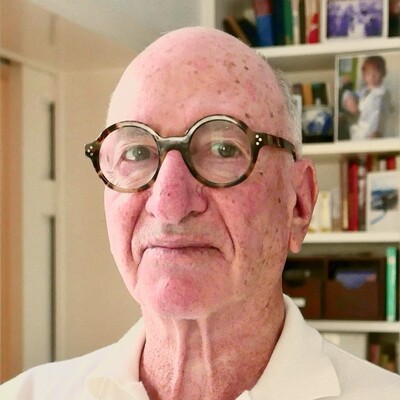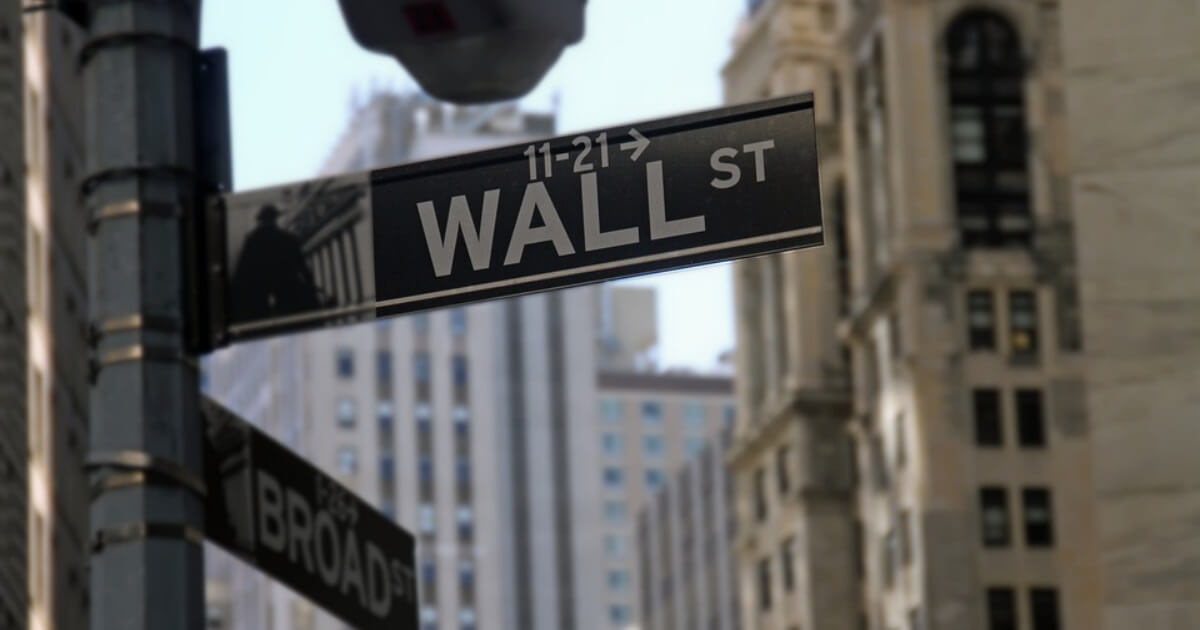Wall Street Impunity: Why Kleptocrats Love America
Those at the top of Wall Street finance know that what they do may be wrong – but not necessarily illegal. And so they carry on, under the “watchful” eye of US authorities.
January 25, 2018
Steven Cohen, who was once a Wall Street hedge fund powerhouse owning the multi-billion dollar SAC Capital, is about to return to offering investors the chance to place their cash with him as he launches a new hedge fund.
The return of Steven Cohen to the world of hedge fund managers is astonishing. It highlights the impunity that is enjoyed by Wall Street titans.
Penalty, no real punishment
At the start of 2016, his SAC Capital was forced to close down under an agreement that Cohen signed with U.S. government prosecutors. That deal also barred him for two years from opening a fund that could manage the cash of outside investors.
Two years earlier, he had paid a record fine of $1.8 billion to the Securities and Exchange Commission (SEC) and the office of the U.S. Attorney for the Southern District of New York. This was based on a finding that SAC “trafficked in inside information on a scale without any known precedent.”
While eight of Cohen’s former employees at SAC Capital were prosecuted for insider-trading, Cohen was never personally charged. He was never even forced to appear in court.
The U.S. government, for all its presumed might and range of enforcement tools, also could not stop him investing his own cash, said to have amounted to $10 billion. So Cohen created a private trading company called Point 72. It is this firm which he is now about to open to investors.
Wrong vs. illegal
The Steven Cohen story highlights a fundamental fact of life for those who sit at the top of Wall Street finance: It may be wrong, but it is not illegal.
The SEC, the Federal Bureau of Investigation and prosecutors for the U.S. Attorney for the Southern District of New York, devoted seven years to investigating SAC Capital. They prosecuted top SAC Capital traders. Their legal fees were helpfully paid for by SAC. Can anyone be surprised that they refused to provide evidence to be used against Cohen?
Cynicism rules, as does impunity
On the very day that one of those traders was starting a nine-year prison term, Cohen was at Christie’s auction house. He successfully bid for a Giacometti sculpture at a record price of $141.3 million. It was as if he was brazenly demonstrating that despite all of the government’s efforts, life for him was just lavishly splendid.
The reemergence of Cohen highlights a fundamental truth about what I perceive as corruption across much of the top echelon of American finance: Over many years the leaders of many of the most powerful Wall Street institutions, assisted by the nation’s highest paid lawyers, have avoided being prosecuted for activities that are unethical.
Sheelah Kolhatkar has written an outstanding book, “Black Edge,” about the many efforts made to bring Cohen to justice. In the epilogue to the book she wrote: “The financial industry has evolved to be so complex that large parts of it are almost completely beyond the reach of regulators and law enforcement.”
She added, “Wall Street’s most successful enterprises are constantly pushing into the frontier; every time the law looks like it’s catching up, they move further away.”
Goldman’s fingerprints
I have written before for The Globalist that it is remarkable that the largest banks in Europe and the United States have paid over $340 billion in fines in the last eight years for all manner of corrupt activities. Yet, not a single chief executive or chairman of one of these banks has ever been personally prosecuted.
For example, one of those banks is Goldman Sachs. It has paid fines for all manner of alleged crimes over the years, including alleged fraud related to sub-prime mortgage securities.
For many years, SAC Capital traded hundreds of millions of dollars’ worth of U.S. shares using Goldman Sachs as its broker. It continued to act for SAC Capital even after the New York U.S. Attorney’s publicly blasted SAC Capital for insider-trading.
At the time, Gary Cohn, then Goldman Sachs’s president, justified the continuing relationship with SAC by stating: “They’re an important client to us.” Mr. Cohn left Goldman Sachs a year ago with a personal fortune of over $300 million, to become President Trump’s chief economic policy advisor.
Goldman’s self-dealing in Washington
Is it any wonder then that Cohn, as well as a former Goldman Sachs partner, Steven Mnuchin, now the U.S. Treasury Secretary, are the chief architects not only of the recent tax cuts that provide vast benefits for financial institutions, but also of efforts to rewrite the laws and regulations that curb some of the activities of major banks?
Top Wall Street executives have frequently held leading U.S. administration positions (Mnuchin is the third U.S. Treasury Secretary to come from Goldman Sachs in recent times, Henry Paulson served in the post in the George W. Bush administration, while Robert Rubin occupied the office in the Clinton administration).
Far from innocuous or, as they like to claim to serve the public interest, they are the principal enforcers of Wall Street rule over the broader interests of the American people.
Behind the very thin veneer of “public service,” they shape the ways in which banks and financial firms are regulated in the United States. Hedge fund bosses have long enjoyed special tax benefits and Congress, despite some major efforts, has never been able to change this.
Too close to Wall Street
Another real-world problem is that government prosecutors are just too close to Wall Street. How else can one interpret the fact that a number of the lead government investigators and prosecutors who pursued Steven Cohen now have lucrative positions at leading Wall Street law firms that participated in the defense of SAC?
The main reason why public prosecutors never got Steven Cohen, or tried to get Gary Cohn and other top Wall Street bankers, was that they could never find hard evidence, with the signatures of these people, that would convince a court jury of their guilt. They could never find a “smoking gun.”
As one new case after another is brought against these mighty financial institutions, the constant argument of the top executives is that errors (read: crimes) were pursued by rogue employees. The lower level traders at the big banks and funds may go to jail, while the top brass continues to enjoy fine champagne.
The record, underscored by Steven Cohen’s return, shows that it is incredibly difficult to pursue large-scale and complex cases of financial malfeasance in the United States.
This is one more reason why the United States is so attractive to many of the world’s kleptocrats and leaders of organized crime as a place to invest their ill-gotten gains (via secretive offshore financial havens of course).
Takeaways
Those at the top of Wall Street finance know that what they do may be wrong – but not necessarily illegal. And so they carry on, under the “watchful” eye of US authorities.
The financial industry has evolved to be so complex that it is almost completely beyond the reach of regulators and law enforcement.
It is incredibly difficult to pursue large-scale and complex cases of financial malfeasance in the US.
The lower level traders at the big banks and funds may go to jail, while the top brass continues to enjoy fine champagne.
The US is very attractive to many of the world’s kleptocrats and leaders of organized crime as a place to invest their ill-gotten gains.

